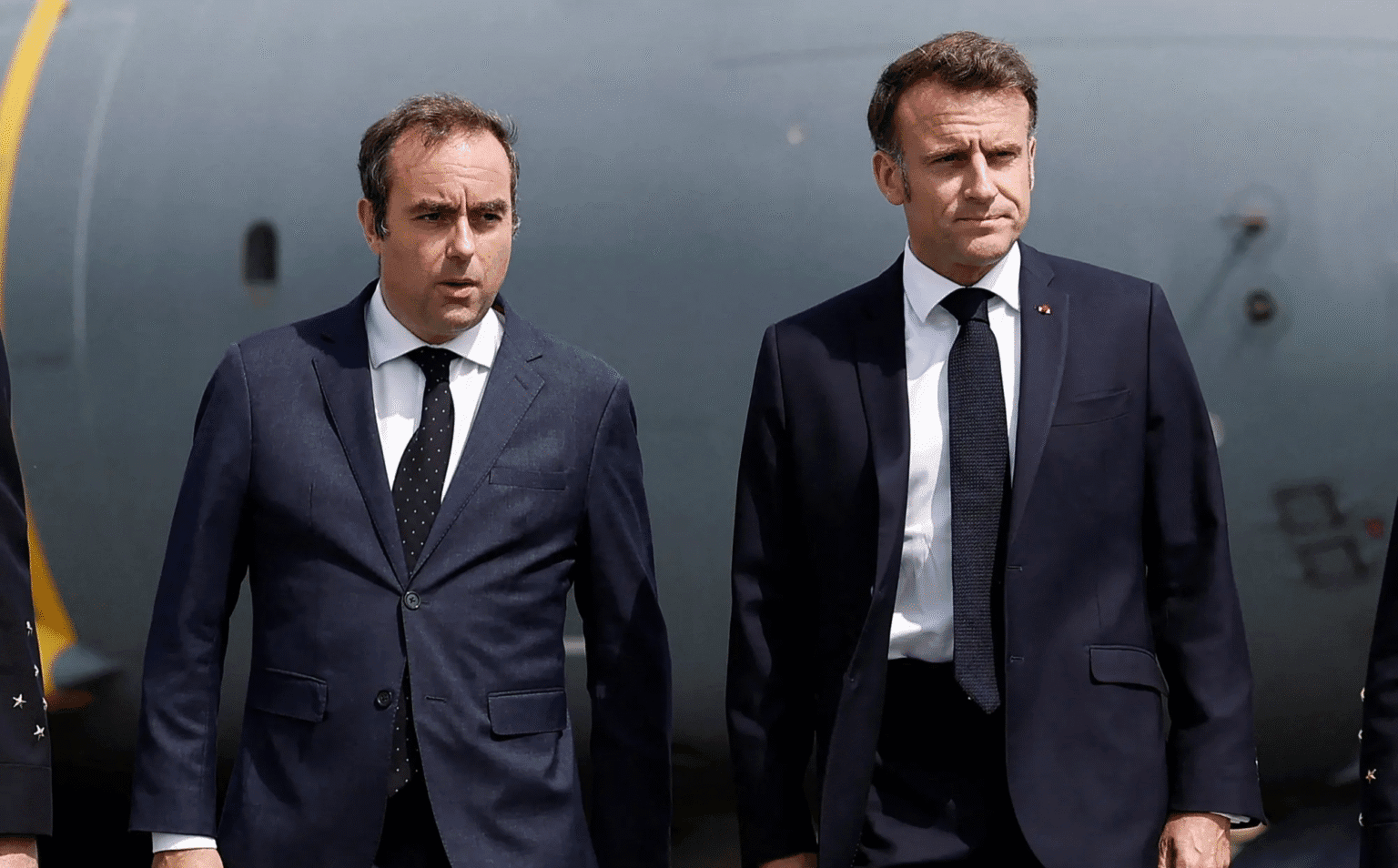French President Emmanuel Macron reappointed Sébastien Lecornu as prime minister on October 10, just days after Lecornu had resigned following a turbulent first tenure marked by deep political divisions. Lecornu’s prior stint lasted only 27 days, making it one of the shortest in the history of the Fifth Republic, as his newly formed cabinet faced fierce opposition and imminent no-confidence threats from both left and right factions.
In declaring his acceptance, Lecornu said he had assumed the role “out of duty,” and pledged to deliver a national budget by year’s end while addressing France’s everyday challenges. Macron has given him “carte blanche” to form a government that can restore stability and navigate the fractured parliamentary landscape.
But the reappointment drew immediate criticism: from the far right, Jordan Bardella denounced it as a “bad joke” and threatened to pursue a motion of censure; leftist parties likewise decried Macron’s failure to broaden representation by including their voices. Macron’s political gamble reflects the limited alternatives available in a national assembly fragmented into three hostile blocs following the snap elections of 2024.
Lecornu faces immediate and daunting tasks. His government must craft and pass the 2026 budget swiftly under constitutional deadlines, reconcile appeals from multiple political factions over contentious reforms (including pensions and taxation), and do so while avoiding another collapse or vote of no confidence. The weight of economic uncertainty and despair among voters only amplifies the stakes of this second chance at governing.
Observers note that by reappointing his former prime minister so rapidly, Macron may be signaling that he sees no viable alternative: the political map is sharply polarized, and centrists have little inclination to lend support. The real test now lies not in naming a government, but in whether Lecornu can build enough parliamentary consensus to stay in office and prevent France from sliding deeper into instability.





